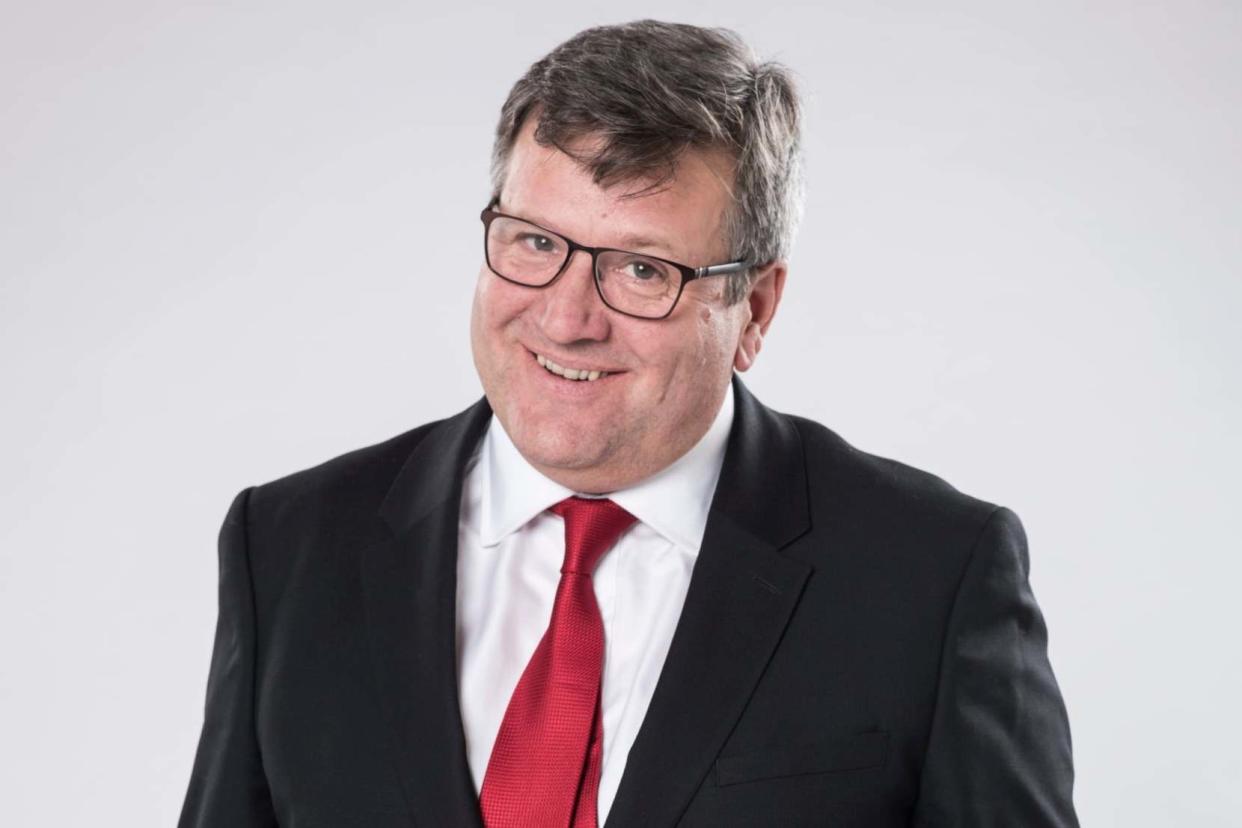Hollowed-out battlebus takes us on a dull political tour

At last, this wretched and embarrassing election campaign is over.
For us whose jobs are to hold the powerful to account, these four weeks were a grim reminder of how much access we have relinquished in the past 20 years. They are also a foretaste of battles to come if political journalism is to keep a grip on the few privileges it has left to press Government for information, such as twice-daily Lobby meetings.
The 2019 election will be remembered chiefly for how little we learned. Press conferences were brief. Newspaper interviews with the Prime Minister and Opposition leader were brief. A whole tier of Cabinet ministers and their shadows were “disappeared”, including Jacob Rees-Mogg, Sir Keir Starmer, Priti Patel and Emily Thornberry.
Battlebuses in 2019 were mobile ad hoardings that occasionally taxied officials and hacks between photo opps.
It wasn’t always like this. In 1992, when I boarded Neil Kinnock’s bus as a political reporter, it meant spending three weeks in convoy all over Britain.
We toured the same hospitals and factories, and had unfettered access to the nurses and workers he met. We slept in the same hotels and when Kinnock flew in his election plane (which we called Hot Air Force One) we occupied the back half, often having informal chats with our prey.
I learned the ropes from 20 or so tough veterans of the Press, TV and radio. “We stick our legs out and wait for Kinnock to trip,” a veteran muttered. He meant by asking tough questions.
It was a gruelling trip, with tantrums and fights, but it delivered proper scrutiny. We learned Labour’s manifesto from cover to cover, thinking up questions on subjects as obscure as the Bank of England “corset” in the 70s and Jennifer’s Ear. We did our job of drilling into his policies and character, as did the travelling packs cheerfully tolerated by John Major and Paddy Ashdown.
Sometime around the 2015 election, the battlebuses were hollowed out. Only the painted slogans look the same, the seats are mostly empty.
Also gone are daily press conferences in London. Until as recently as 2005, journalists could quiz a big beast like Lord Mandelson at 8am, his Tory oppo at 9am and a Lib Dem at 10am. These were always productive. The press pack picking at a politician’s defences is something to behold. Too effective: circa the 2010 campaign they stopped.
And there were real interviews. Every leader auditioned for at least an hour with editors and senior journalists of the major papers. Interviews with Johnson typically meant 21 minutes on his bus. Corbyn has done few.
Campaigns as I knew them are done for. The Lobby survives, an oasis where regional, online and national hacks can quiz the PM’s spokesman. You can be sure that a spin doctor is plotting to curtail it, as several have partially succeeded. We must not let them take any more. Too much has been lost. Nobody can now say we have not been warned.

 Yahoo News
Yahoo News 
